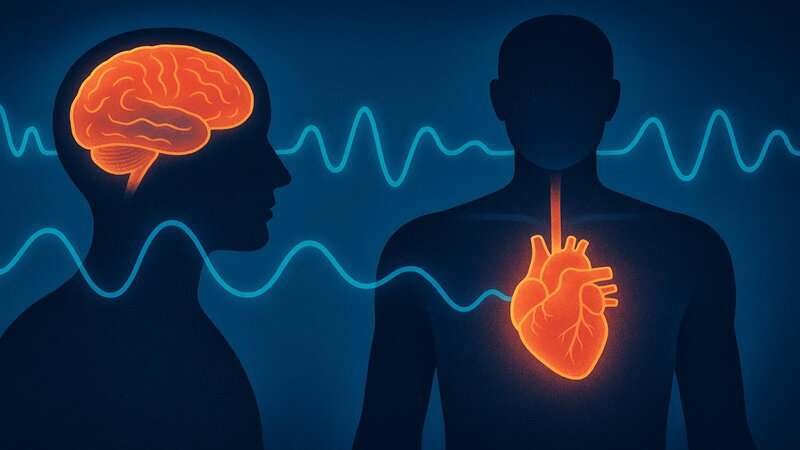Science often pushes boundaries, but sometimes it veers into the downright unbelievable. Around the world, researchers have convinced funding bodies to support studies that range from the hilarious to the truly bizarre.From analyzing the slipperiness of banana peels to investigating the effects of opera on mice, these funded projects prove that scientific curiosity knows no…
Kategorie-Archive: General
The universe is far from a quiet, unchanging void. It’s a vast, ever-shifting stage where unimaginable energies collide, stars explode, and black holes lurk in the darkness. Earth might seem safe in its cosmic neighborhood, but our planet is truly at the mercy of the universe’s volatile whims.From cataclysmic explosions to invisible forces, scientists have…
Mathematics is the invisible engine driving the most critical systems of our world—from secure communications and energy grids to finance and military defense. Yet, lurking in the shadows are unsolved equations whose solutions could unlock unimaginable power. Some mysteries remain unsolved not only due to their complexity, but because their answers could grant access to…
Consciousness is one of humanity’s deepest mysteries. Despite centuries of scientific and philosophical inquiry, we still struggle to explain what it truly is—or why it exists at all. Are we simply complex biological machines, or is there something more? Consciousness sits at the heart of some of our biggest questions: the nature of reality, the…
Climate change remains one of the most urgent challenges of our time, with its impacts already affecting communities, economies, and ecosystems across the globe. Scientists are at the forefront of this battle, developing innovative, evidence-based solutions to build a more sustainable future. From groundbreaking clean energy technologies to large-scale ecosystem restoration, their efforts stretch across…
Every single second, your body orchestrates a remarkable symphony of processes, most of which go completely unnoticed. From the firing of neurons to the replication of cells, a multitude of invisible actions keep you alive and thriving. It’s easy to take these automatic functions for granted, yet they are nothing short of extraordinary. This list…
We all want to make better choices for our bodies, and “healthy” foods often promise just that. But as an ER doctor, I’ve seen countless patients arrive with alarming symptoms—triggered by foods they thought were nourishing and safe. Not every health trend fits every individual. Allergies, underlying conditions, and even food preparation methods can turn…
Every autumn and spring, flocks of birds fill the skies—traveling thousands of miles across continents and oceans. Their journeys are so precise that even the most advanced GPS technology would envy their accuracy. For generations, scientists and nature lovers alike have been captivated by the question: How do birds navigate such impossible distances without getting…
Time shapes every moment we experience, yet its essence is elusive and often paradoxical. Physicists have long struggled to unravel time’s secrets, discovering ideas that stretch far beyond common sense. From the relativity of simultaneity to puzzling quantum effects, the study of time continually transforms our understanding of the universe.This article invites you on a…
The human mind is a powerful force, capable of shaping not just our thoughts and emotions but also our physical reality. Scientists have long studied the mysterious mind-body connection, uncovering remarkable ways our mental states can influence bodily health. From manifesting unusual symptoms to altering the way our bodies heal, the brain’s impact is sometimes…










